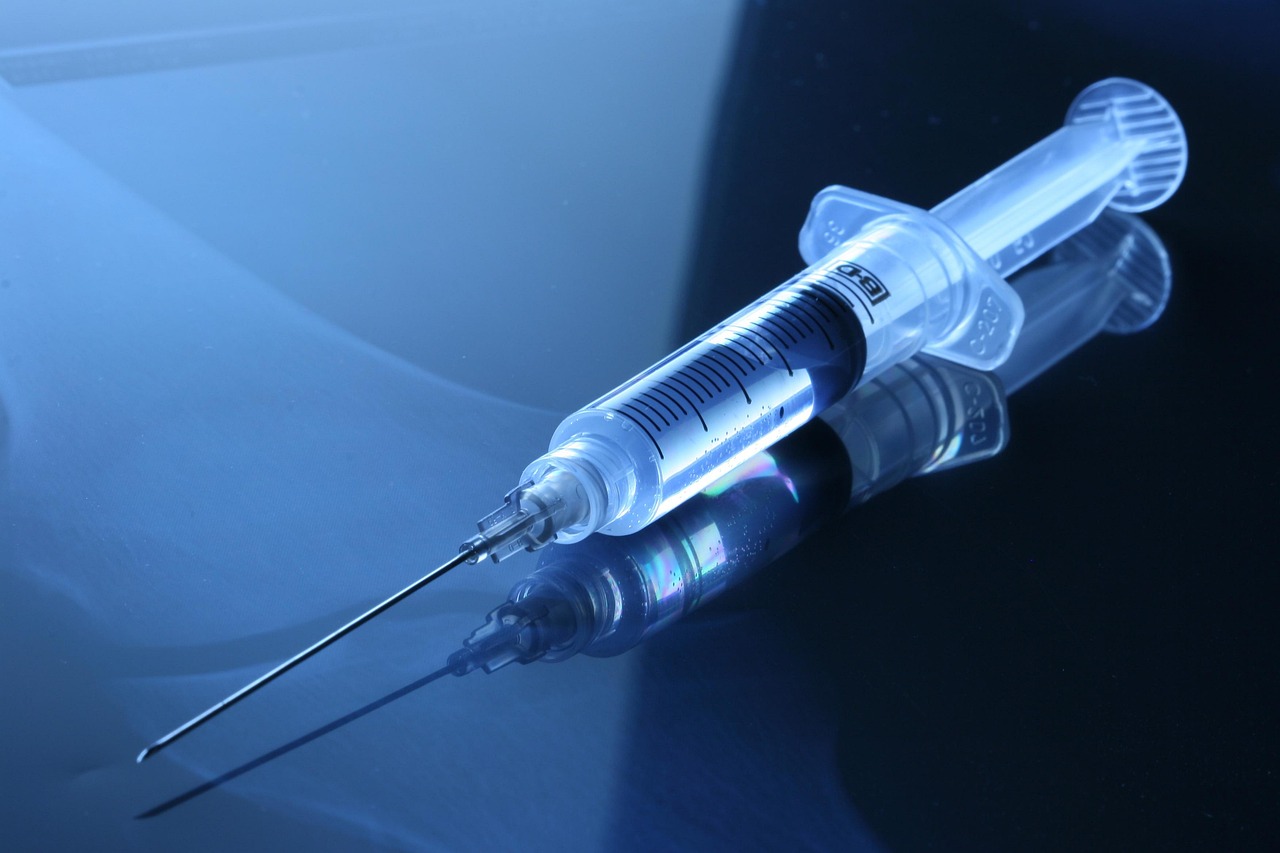
SA boosts local FMD vaccine after R72m spend
South Africa invested R72 million in FMD vaccines and is accelerating local production to prevent outbreaks and safeguard the beef sector.

Since March, South Africa has spent over R72 million to purchase around 900 000 doses of Foot and Mouth Disease (FMD) vaccines.
To respond more swiftly to outbreaks and shield the agricultural sector from major economic losses, the government is now prioritising local vaccine production.
The Department of Agriculture, along with the Agricultural Research Council (ARC), the University of Pretoria, and Onderstepoort Biological Products, is leading a two-day Foot and Mouth Indaba.
The event aims to find long-term solutions for preventing future outbreaks and reducing the country’s reliance on expensive vaccine imports.
Karan Beef Counts the Cost of Outbreak
Karan Beef, one of South Africa’s largest beef producers, has reopened its operations after the outbreak forced it to shut down, causing significant financial losses.
Speaking with SABC News, Dr Dirk Verwoerd, senior veterinarian at Karan Beef, said, “We closed all three feedlots for two months. That caused severe economic destruction.”
Verwoerd stressed that readily available and effective vaccines could have prevented the crisis. “You have to have strategic vaccines and enough of them,” he added.
The outbreak, which began in 2021, spread rapidly across several provinces, driving up demand for vaccines.
South Africa currently imports vaccines from countries like Botswana, a practice that experts say is both costly and unsustainable.
Progress in Vaccine Development
ARC President and CEO Dr Litha Magingxa confirmed that researchers are close to finalising a locally developed vaccine.
“South Africa has made great progress in vaccine development. We have a vaccine that’s now being registered, and we are finalising some of the remaining trials,” said Magingxa.
Call for Private Sector Support
The government has called on the private sector to increase financial support to accelerate the production of locally made vaccines.
